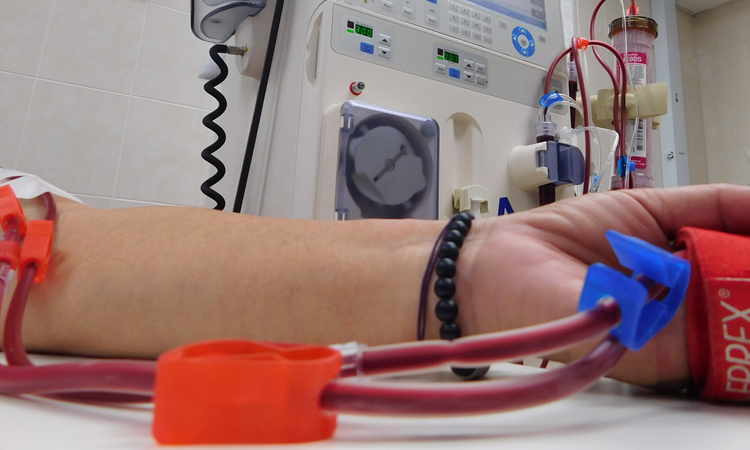- About Us
- KIDNEY DISEASE
- Public Education
- Treatment
- Patient Welfare
- Training
- Events
- Support Us
- Resources


Kidney Transplant
A kidney transplant is a surgical procedure where a healthy kidney from a donor is placed into a person whose kidneys have failed. It is considered the best treatment option for many people with end-stage kidney disease because it can offer a better quality of life and longer survival compared to dialysis.
What is a Kidney Transplant?
When the kidneys can no longer function properly, waste and fluid build up in the body, leading to life-threatening problems. A kidney transplant replaces the failing kidneys with a healthy kidney from a living or deceased donor. With a successful transplant, patients can regain near-normal kidney function.
Benefits of a Kidney Transplant
Who Can Get a Kidney Transplant?
Kidney transplants are not suitable for everyone. Patients must undergo a thorough evaluation to determine eligibility, considering factors such as:
Types of Kidney Transplants
Living donor transplants generally have better long-term outcomes.
The Transplant Process
Life After a Kidney Transplant
A transplant offers a new lease on life, but it also requires a lifelong commitment to health management.
National Transplant Registry
For more information on kidney transplants, organ donation, and Malaysia’s transplant statistics, please visit the National Transplant Registry (NTR)
NKF Support for Kidney Transplant Patients
At NKF, we support patients through every step of their transplant journey. Our services include:
👉 Learn more about how NKF can support your transplant journey here.
